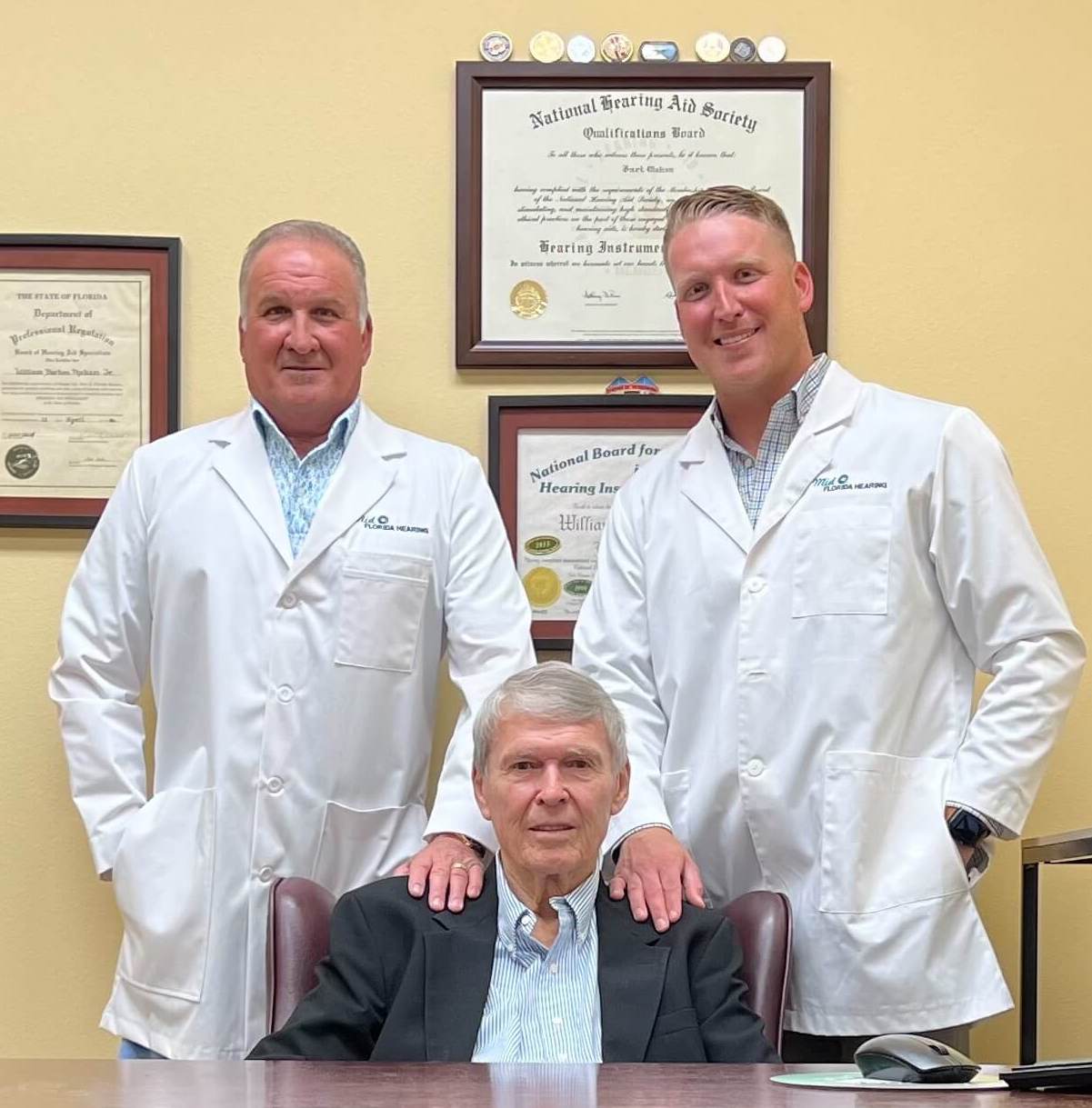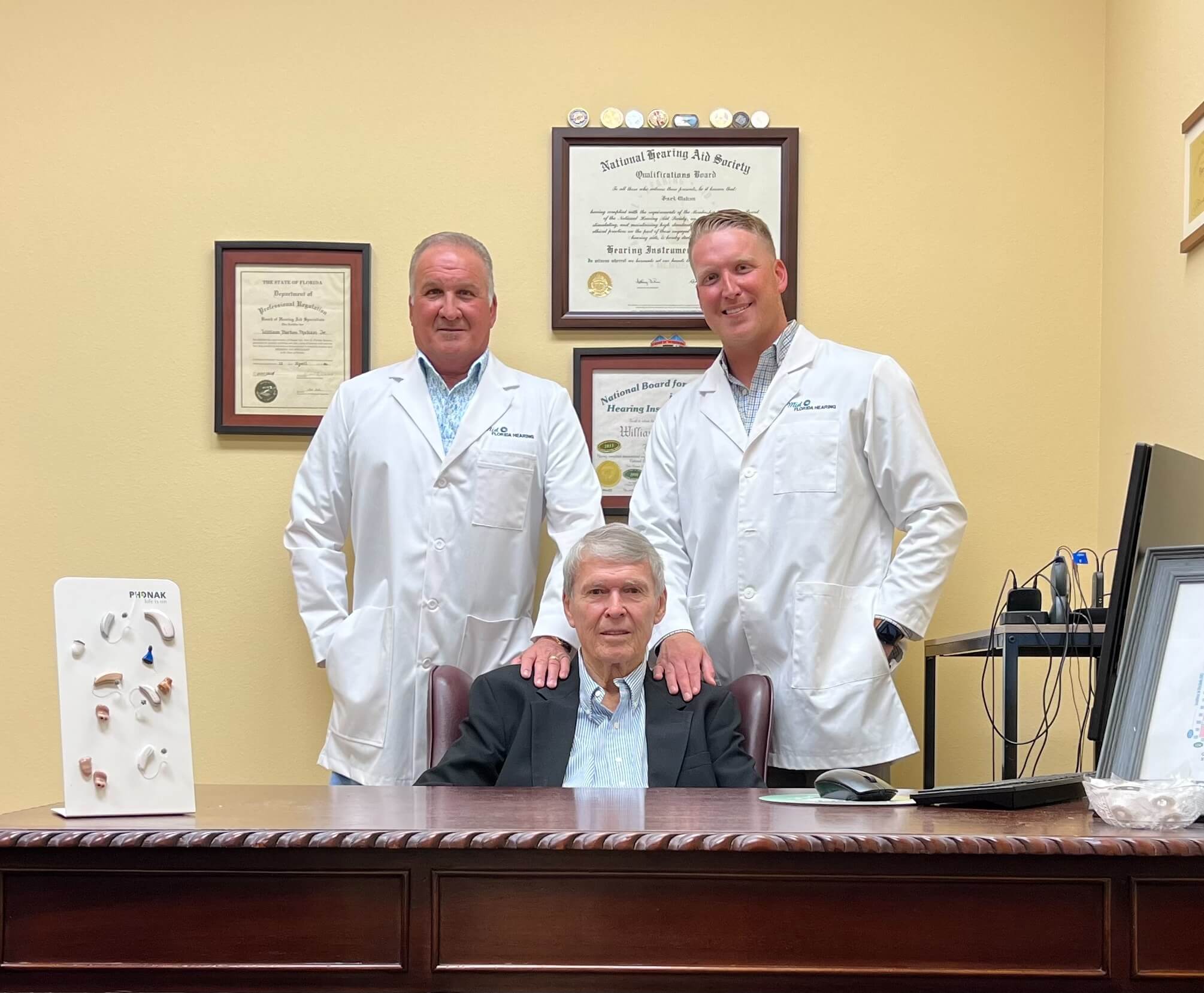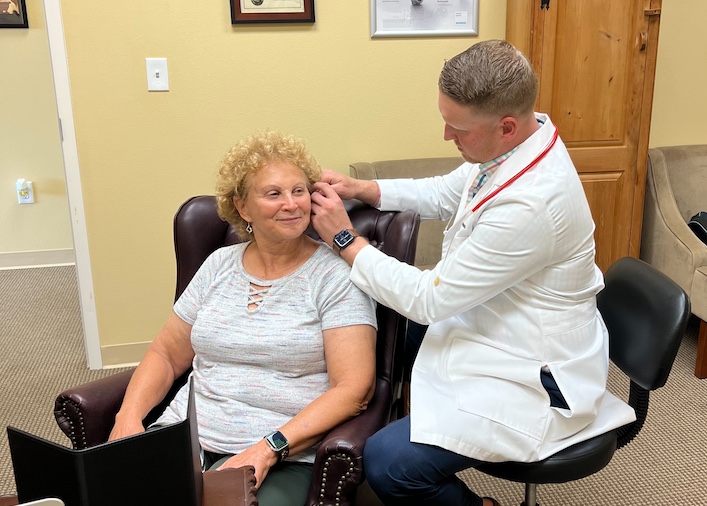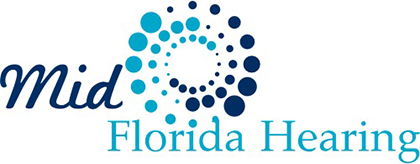Hearing Loss Overview

Hearing loss is one of the most common medical conditions people experience today.
Causes
Aging
Age, as its name suggests, is a significant indicator of hearing loss. Age-related hearing loss, also known as presbycusis, impacts older adults disproportionately. According to the National Institute on Deafness and Other Communication Disorders, for adults aged:
- 65-75: 1 in 3 have hearing loss.
- 75 and over: half have hearing loss.
There are a few factors that contribute to this increased risk of hearing loss for older adults. This includes the cumulative toll of exposure to loud noise on the auditory system, changes to the ear, and existing medical conditions that older adults also are more likely to experience which are correlated with hearing loss.
Exposure to Loud Noise
Existing Medical Conditions
Symptoms of Hearing Loss
Hearing loss reduces a person’s capacity to perceive and process sound. This typically happens gradually so symptoms can remain unnoticed for quite some time. Common symptoms include:
- Tinnitus: a buzzing, ringing, clicking like noise that can be heard in one or both ears.
- Sounds are distorted, slurred, or muffled.
- Frequently asking others to repeat themselves or speak louder.
- Finding yourself saying “huh” or “what” in response to what is being said.
- Difficulty making out individual words.
- Lip reading to help distinguish words.
- Needing to move to a quieter space to be able to hear more clearly.
- Being able to hear better out of one ear compared to the other.
- Missing words or parts of a conversation, feeling confused while speaking to others.
These symptoms can be mild to more severe depending on the degree of hearing loss that is present.


Impact of Untreated Hearing Loss
Hearing loss symptoms can affect daily life in a myriad of ways. Major consequences of untreated hearing loss include the following:
- Strained communication: hearing loss symptoms make it challenging to have conversations. Symptoms prevent people from being able to hear and respond readily. This can contribute to miscommunication, missed information, and unpleasant interactions. Hearing loss can restrict people from fully engaging in conversation, limiting the type of conversations one can have with others.
- Social withdrawal: because conversations are challenging to engage in, people often choose to avoid them. This can look like skipping out on social events, spending less time with loved ones, and participating less in favorite activities. Social withdrawal contributes to the development of depressive symptoms including loneliness, isolation, and sadness. This can impact mental health and wellness daily.
- The toll on relationships: strained communication coupled with social withdrawal can take a toll on relationships. People often report feeling ignored or unheard by their loved ones with hearing loss. This can lead to frustration, distance, and tension in relationships.
- Overall health decline: in addition to impacting mental health by increasing the risk of depression, untreated hearing loss increases other health risks. This includes cognitive decline and experiencing accidental injuries.
These potential outcomes of untreated hearing loss highlight that it impacts more than hearing ability. These symptoms affect all aspects of daily life which is why treatment is incredibly important.

Treatment for Hearing Loss


